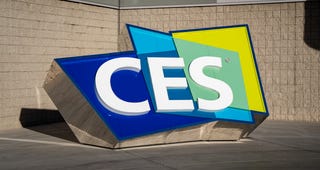Northwest cuts off Priceline
Northwest Airlines is no longer providing discounted tickets, called "Net fares," to Priceline.com, a move that analysts say was likely prompted when Priceline began expanding beyond its "name your price" business model. "At the moment we have discontinued providing Priceline Net fares," Northwest spokesman Kurt Ebenhoch told CNET News.com on Thursday evening. Ebenhoch declined to say when Northwest, one of the nation's biggest 10 airlines, first cut off Priceline, or whether the decision is permanent. As for the reasons for the move, Ebenhoch said: "We have become increasingly concerned about changes in the Priceline business model." Brian Ek, a spokesman for Priceline confirmed that the company no longer offers Northwest's Net fares but said that compared with Priceline's total sales, Northwest tickets made up a "very, very small number." Henry Harteveldt, a travel analyst for Forrester Research, said that one airline pulling out is not likely to significantly impact Priceline. Should other airlines follow Northwest's lead, however, Priceline could suffer a severe blow, Harteveldt said. Ek denied that possibility. "We enjoy a great relationship with the airlines," Ek said. --Greg Sandoval, Special to ZDNet News







